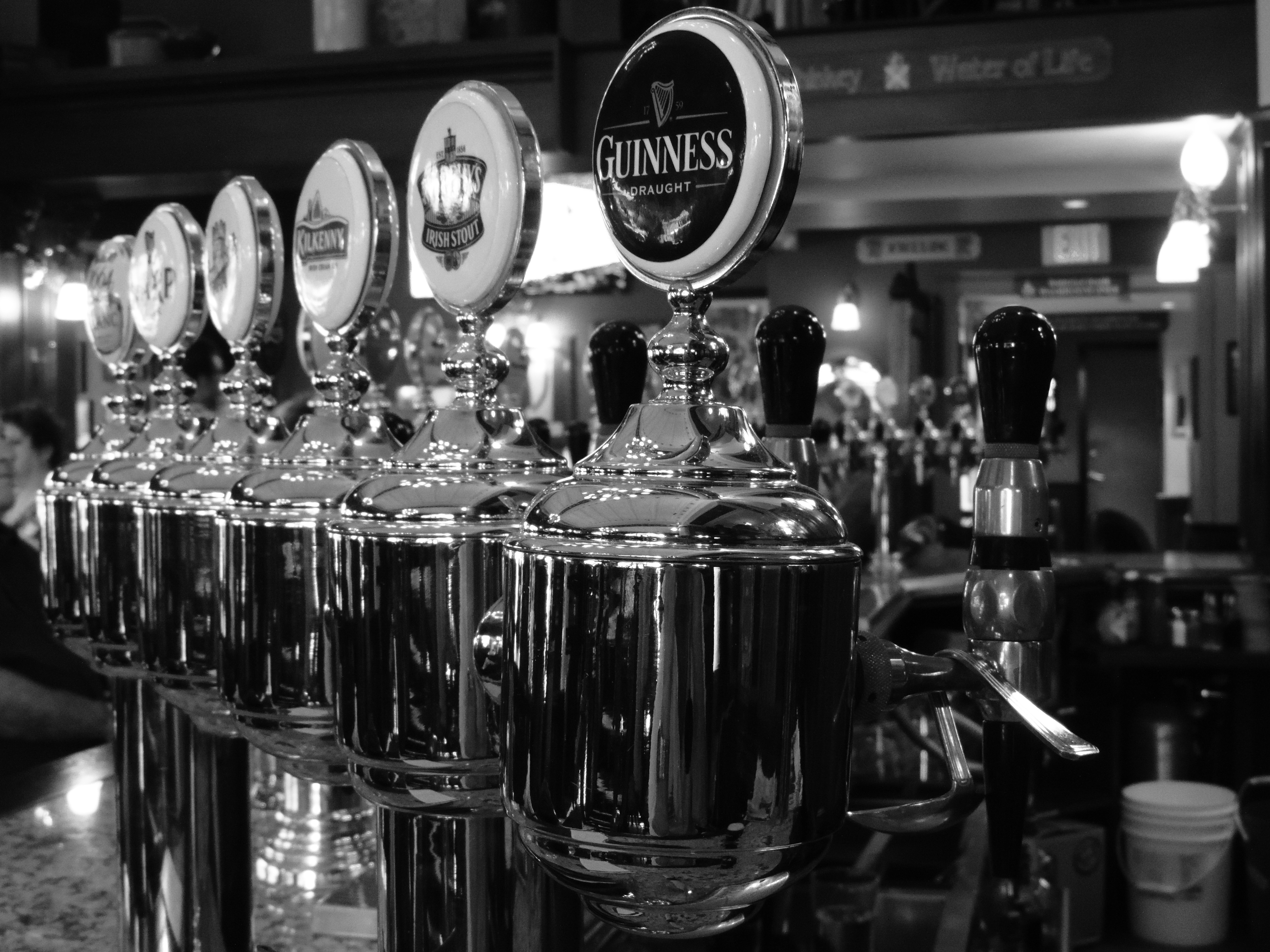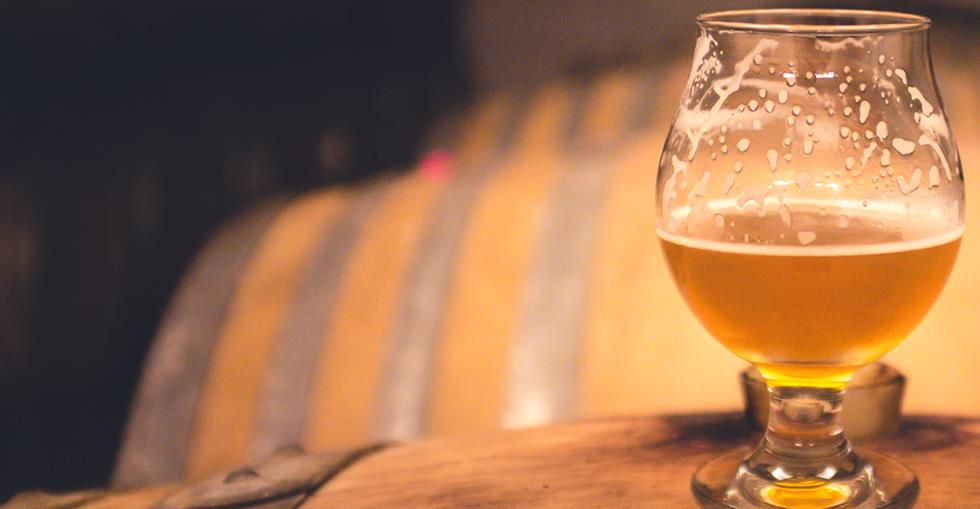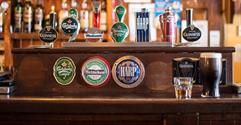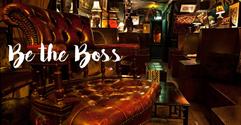If you are thinking of buying a pub you’ll want to be sure that the price is right.
The only way to ensure that you have access to the finer details of a licensed property’s cash flow and projected worth is by investing in a professional valuation.
A thorough valuation of a pub will go way beyond checking the audited accounts and will
Sale variations
The value of a licensed business will also be subject to the type of sale you are looking at with regards to lease, freehold, tenancy and whether it is tied or non-tied.
Freehold
With a freehold
Due to this, freehold properties are usually more desirable and on the market for a higher price - prices can range from £60,000 to over £1.5m (most lenders will ask you to provide 30% of the asking price).
If you choose to buy a freehold pub you will be free to purchase supplies from any source, negotiating barrelage discounts where possible. Alternatively, you could arrange for a brewery loan in return for a minimum purchase agreement (tie).
Leasehold
The property is owned by an individual or company (the freeholder/landlord) who has granted a lease (agreed to rent the property out), usually for a specific period between 5-25 years or even longer.
Once the lease has run out, the ownership of the property returns to the freeholder. Due to this agreement, leasehold pubs are usually marketed at a lower price - the price for leasehold pubs can range anywhere from just under £50,000 to £250,000.
The rent is generally fixed for periods of three or five years and renewed at the end of each period. Some rents are also increased annually in line with inflation.
Depending on the remaining term of the lease, it may be possible to negotiate a loan towards the purchase price or to carry out further development of the property.

Free-of-tie leases
You are free to purchase your supplies in exactly the same way as the owner of a freehold business – ie from whichever supplier(s) you choose.
Tied leases
You are obliged to purchase certain stock from the landlord or their nominated suppliers, generally restricted to beers and lagers,
Tenancies
Short-term tenancies, on behalf of freeholder clients who are often looking to take a rest or retire from the trade, are also an option. Normally free of all ties, these present a
While no premium is sought, there may be stock, rent and a security deposit to be paid for upfront. The tenancy term usually runs for 2-3 years with rent payable weekly, monthly or quarterly.
Sufficient working capital should also be accounted for when calculating initial outlay.
Bring in the experts
Due to the very specific nuances in the buying and selling of pubs and the current cold climate within the industry, hiring an accountant that
The Institute of Licensed Trade Stock Auditors (ILTSA) is a great place to find reputable
The Federation of Licensed Victuallers Associations (FLVA) is also a highly regarded
An experienced valuer of licensed businesses will be aware of what similar pubs have sold for in the area – ie the average price paid for a leasehold/freehold as a percentage of the annual turnover – as well as being able to gauge future profit streams.
It is also vital to ensure that the accounts you are looking at are the same ones that were filed with HMRC (and Companies House if it’s a limited business). Your accountant should check that the current owners haven’t been investigated for any tax or VAT issues over the past few years and try to ascertain the true reason for selling.
Interested in buying a public house? Take a look at our pubs for sale on BusinessesForSale.com.



